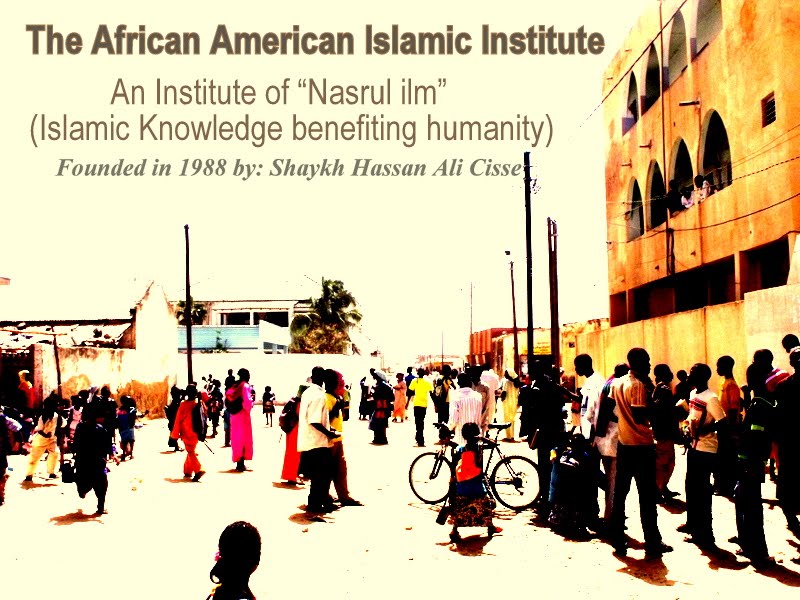AAII’s unwavering commitment to the advancement of the status of women in Africa has informed all of AAII’s education and literacy, health care, poverty alleviation and human rights initiatives.AAII’s Shifa-al-Asqam Socio-Medical Center’s primary and reproductive health care initiatives have had a measurable impact on the lives of women. AAII’s services provide women with access to pre-natal care that has significantly reduced maternal mortality, family planning services that enable them to space their pregnancies, understanding of the benefits of breast feeding to themselves and their children and the reduction of the death of their children from preventable diseases. An increase in live births and child survival reduce the number of pregnancies required to have a family with several children, thereby reducing pregnancy-related death among women.
AAII’s leadership in other health-related issues that adversely affect the lives of women in Africa include initiatives that address both Female Genital Mutiliation (FGM) and Vesicovaginal Fistula (VVF). AAII’s Female Genital Prevention Initiative educates communities about the health and human rights issues surrounding the cultural practice of female genital mutilation. This has resulted in legislation prohibiting the practice in Senegal. AAII’s leadership in collaboration with UNFPA, Americares and the Government of Zamfara State, Nigeria, initiated the establishment of a Vesicovaginal Fistula(VVF) hospital in Gafau, Nigeria to care for girls and women afflicted with this debilitating and humiliating condition.
AAII’s Education Program’s initiatives, including health, education and adult literacy projects, have focused on women and girls. In a society that traditionally educates its boys to the exclusion of girls, AAII’s position that there is no legitimate reason for excluding women and girls from Islamic or academic educational opportunities rests on the Islamic directive to seek knowledge.AAII’s collaborations and staunch advocacy for the education of the girl child and adult literacy have made significant contributions to the advancement of the status of women. AAII’s ongoing work to promote literacy among women and girls was recognized by the World Association of NGOs (WANGO) with its 2002 Education Award presented in Washingon, D.C.
The traditional role of women in Africa includes the back-breaking task of carrying water over long distances. Through AAII’s Badr Well Digging Project and the Kossi-Atlanta Water Project, the work of women in rural areas has been significantly reduced.
Economic development is a key factor for the empowerment of women in society. AAII’s Hazrat Zainab Women’s Collective offers women training in textile design and manufacturing, and individual and collective business development. AAII collaborates with and actively supports the design and implementation of microcredit projects for women that incorporate health education and business practices as integral parts of the training provided.
All of AAII’s work with the UNFPA is undertaken for the advancement of the status of women. AAII’s Founder and Chairman organized the Network of African Islamic Organizations for Population and Development that met in Abuja, Nigeria in 2005. Shaykh Hassan Ali Cisse’s address at this historic gathering of Islamic leaders from twenty three nations, and the Abuja Declaration that it generated, clearly set forth the significance of the empowerment of women to the achievement of sustainable development in Africa.
